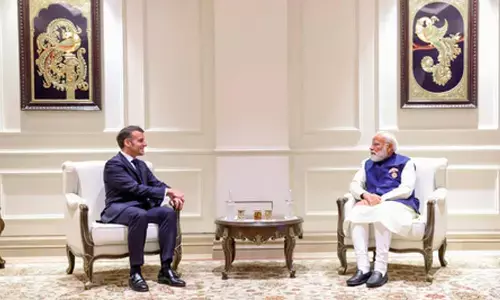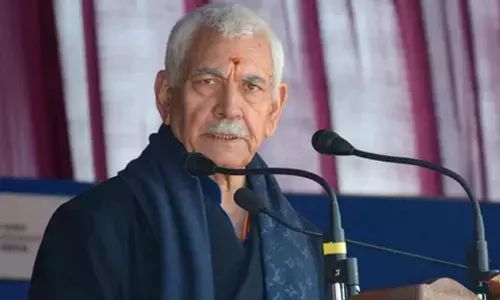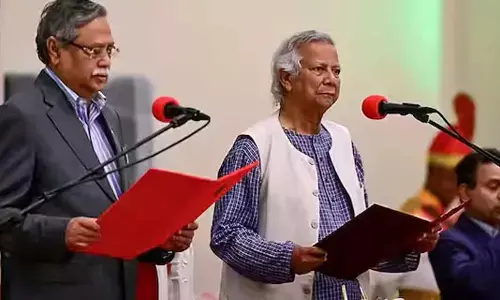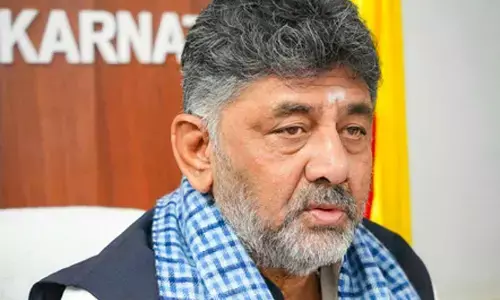A national vision emerges on unified higher education system

Efforts are being made to create an unified higher education system in the country. Under this, all courses will be made available in higher education institutions of the country and the colleges with 3,000 or more students will become degree-granting multi-disciplinary autonomous institutions.
With these changes, on one hand students will get more options than before, while on the other the education institutions will get more autonomy.
Efforts are being made to build a consensus to implement these changes. For this, all the higher education institutions across the country have been contacted.
Not just the higher education institutions but also the state governments will be partners in this.
The biggest advantage of these changes will be that students, apart from their main subject, will also be able to take any other subject or full time course as per their interest in their own institute.
These new changes were envisaged by the University Grant Commission (UGC) earlier, but now concrete steps are being taken in this regard.
Recently, the UGC issued a guideline in this regard. According to the guideline, students of higher education institutions will be able to take admission in two courses at a time.
Further, orientation and counselling of students will be done for this in every institute associated with higher education.
All universities and state governments across the country will play an important role in implementing the new system.
UGC Chairman Professor M Jagadesh Kumar said that at present all universities and state governments have been asked to frame rules in this regard for their institutions.
According to the UGC chairman, the unified higher education system would include the professional higher education sector, vocational education and holistic education. It has also been suggested to open necessary departments for multi-disciplinary subjects under the unified higher education system.
The essential departments that have been suggested to be opened in higher education institutions include various languages, literature, music, philosophy, Indology, art, dance, theatre, education, mathematics, statistics, pure and applied science, sociology, economics, sports, translation and topics such as interpretation.
Under the new changes, universities and single domain educational institutions such as higher education institutions offering low, engineering, education or medical studies will also now have to adopt this multi-disciplinary mode.
After these new changes, there will be three types of higher education institutions in the country -- research universities, teaching universities and autonomous colleges. If there are more than 3,000 students, then the college will be able to give degrees on their own.
UGC says that there are domain specific stand-alone colleges and universities in India. Even in multi-disciplinary higher education institutions, the disciplinary limits are so rigid that a very few opportunities are explored to learn different subjects.
Internationally, there is a rapidly growing culture of establishing and maintaining a multi-disciplinary university, maximising productivity with a greater focus on research and development, innovation and incubation. Therefore, it is relevant for the higher education system to phase out stand-alone and domain-specific institutions to form clusters and multi-disciplinary higher education institutions instead of the existing regime.
At the same time, a new system has also been added with this, under which students pursuing higher education in the country can now study the same course through three different mediums. Under this, provisions are being made in higher education institutions so that students will be able to complete their courses through online mode and distance learning in addition to the traditional classroom studies. This can be implemented from the academic session 2022-23.








